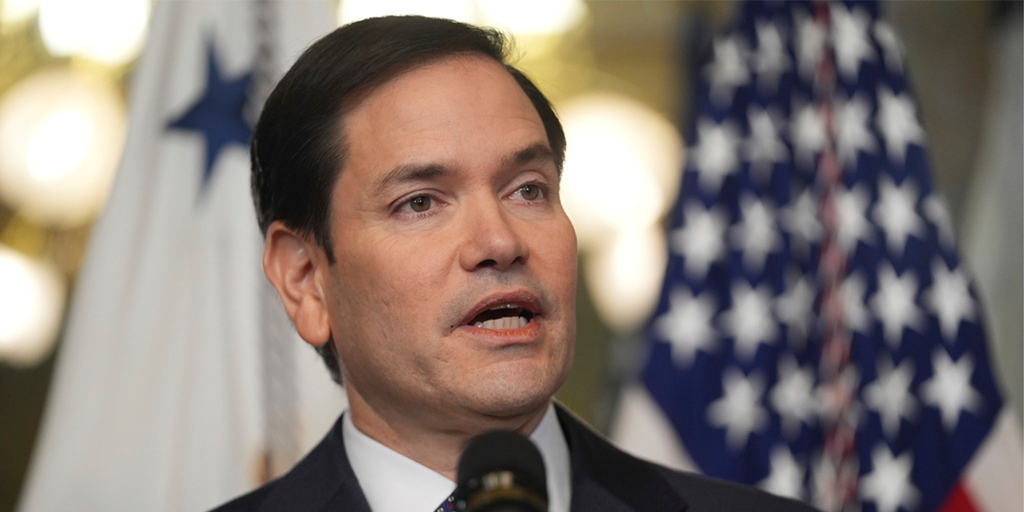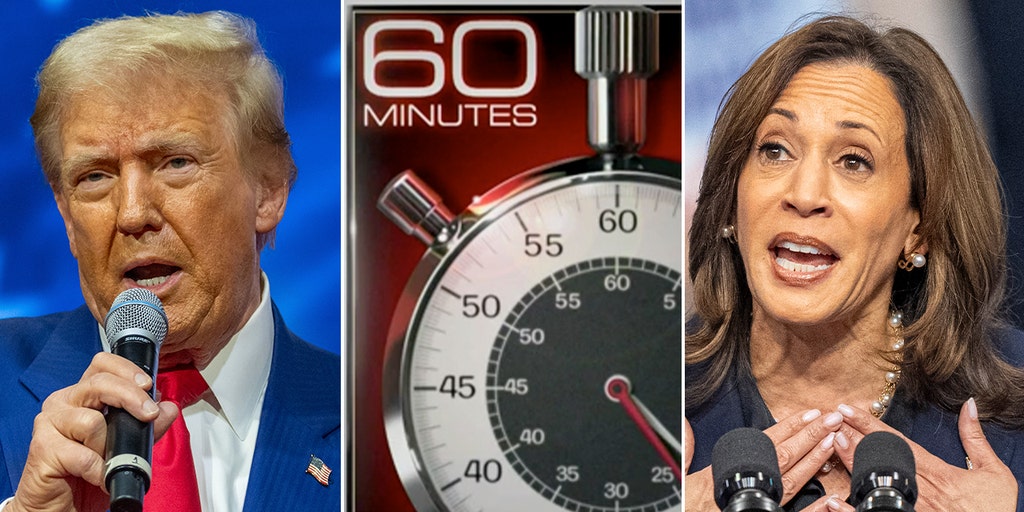JD Vance's Vision of a Conservative Takeover Echoes Iraq's Coalition Provisional Authority

JD Vance's comparison of his vision for a conservative America to U.S. actions in postwar Iraq highlights significant changes in governance under the Trump administration, drawing parallels to the Coalition Provisional Authority.
In a 2021 podcast appearance on an anti-feminist program, JD Vance drew a controversial comparison between his aspirations for a conservative dominance in America and U.S. policy in postwar Iraq. "We need like a de-Baathification program, but a de-wokeification program in the United States," he articulated, alluding to the American campaign to eliminate members of Saddam Hussein's Baath Party. Vance suggested that upon Donald Trump’s return to the White House, he should "fire every single midlevel bureaucrat, every civil servant in the administrative state, replacing them with our people."
Vance's remarks now seem prescient as the early days of a second Trump presidency reflect a similar strategy to the Coalition Provisional Authority (CPA) established after the Iraq invasion. The CPA was made up of young right-wing bureaucrats who were given extensive powers without adequate experience, leading to disastrous consequences. Initially, six low-level staff members from the conservative Heritage Foundation were tasked with managing Iraq’s $13 billion budget while experienced Iraqi government workers were dismissed. This de-Baathification effort has been broadly criticized for creating instability in Iraq.
While the U.S. government hasn't faced the same level of dismantlement as Iraq’s, efforts have been made to undermine long-standing governmental structures. During his transition, Trump’s associates utilized the phrase "shock and awe" to outline ambitious plans for his first days in office.
Shortly after taking office, Trump’s administration initiated a crisis by halting significant federal spending, only to reinstate some funding after judicial intervention. Recently, Elon Musk took over the Treasury Department's payment system, which oversees trillions in expenditures. His team, primarily composed of young individuals with little experience, mirrors the inexperienced staff that once operated the CPA in Iraq.
At the General Services Administration, recent recruits from Musk's companies have been challenging existing employees, while at the Department of Education, workers have faced repercussions for participating in recommended training sessions. Over a thousand employees from the Environmental Protection Agency have been warned of potential layoffs.
Security services are also undergoing purges, with scrutiny aimed at F.B.I. agents involved in investigating Capitol rioters. Amid this turbulence, unqualified individuals have begun to fill key administration roles, reflecting a broader trend of prioritizing loyalty over competence.
This approach by Trump’s regime often feels like a coup, even though he was elected. The lack of precedent for transforming the government into a hostile entity has caused widespread unease. An observer's memoir of postwar Iraq describes being governed by inexperienced zealots with the authority to reshape the nation, a situation eerily similar to the current landscape in the U.S.
The repercussions of America’s military actions in Iraq have ignited distrust at home, further setting the stage for Trump’s ascent. His administration mirrors the careless governance previously inflicted on Iraq, buoyed by enthusiastic crowds as was seen during Bush’s era. Eventually, the consequences of this new regime will become apparent, highlighting the reality that dismantling a country is far simpler than rebuilding it.




















